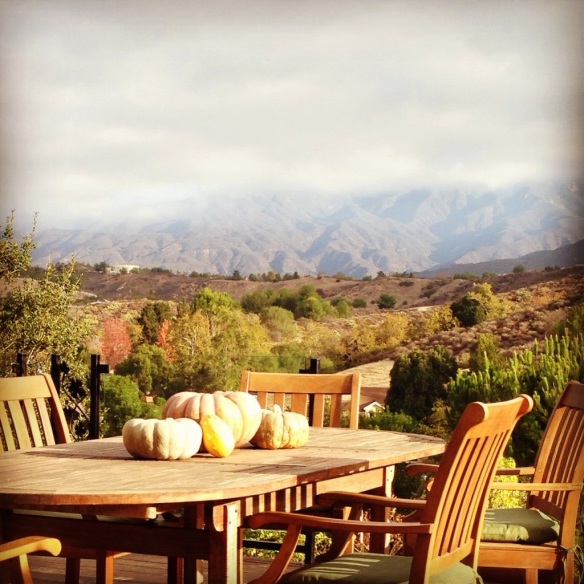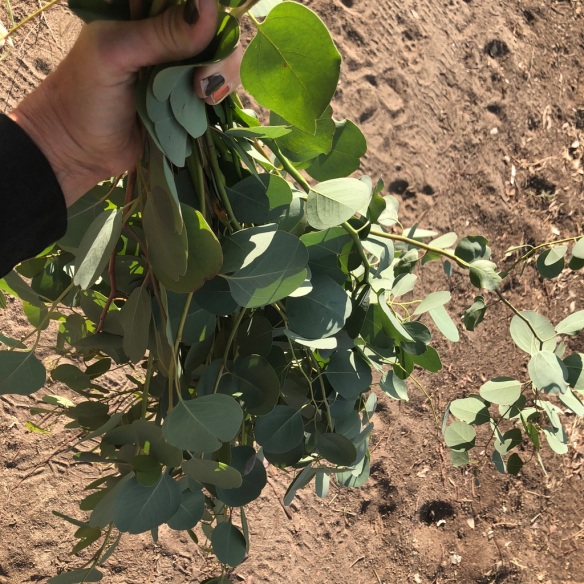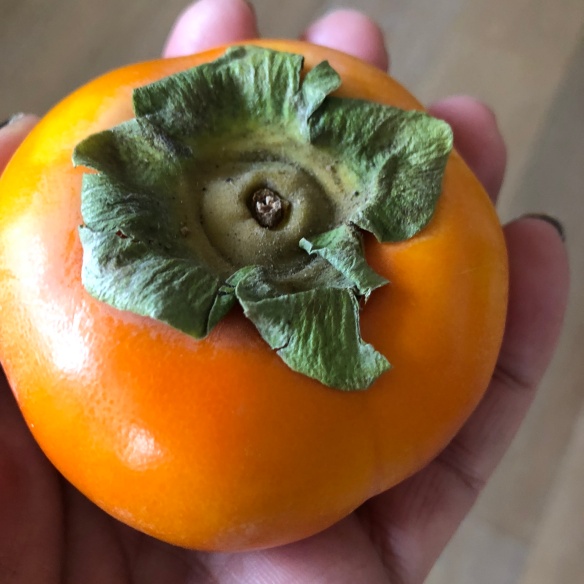
Before the feast was expected to be perfect, responsibly sourced, cruelty free, gluten free, dairy free, nut free, vegan, Paleolithic meant early humans, ketosis simply what your body does when it starves. Feast and starvation are divides with plenty of middle ground.
Before the feast ever thought of being shot by a camera and able to evoke an inexplicable longing for something absent through the visual gesture of crisply edged pie and brown butter beans, sustainable meant the ability of family and friends to gather on chairs, some sturdier than others, year in and year out and be grateful for everything under the sun or snow like the way your mother is still present to pop cranberries with sugar over fire, the way her mother did, and share and your father’s face still lights up when he sees you. Organic meant the way we wove stories and listened until we were stuffed, as if that was cocoon enough to last all year against loss or loneliness, betrayal or hate, or the way the deep true story of the first Thanksgiving is undeniably braided with the deep true fate of the first humans to live on this land, as surely as my great aunt used to scrape the brown gravy-streaked plates white again after dinner.
Believing in the only weapon I trust, I bleed love through winter squash and garlic, bread and pie. I will lay the forks next to the napkins, hide the knives and pray so strong for peace for each hand that rises to fill an emptiness called hunger at the table in this land made for you and me. If we all share this prayer I’m certain this peace will create a collective warmth like the kitchen gets hotter when it’s filled with steaming potatoes and conversation, then a glow like vanilla votives in every window will brighten the night.
But that’s a prayer like wanting to eat without saying, first I must cook and forage, or if I eat all the feast I’ll never be hungry again.

When we come to the table may we be so hungry we know we need each other. May we not confuse our need with anyone’s ability to fill it. May we be gentle with our expectations and may the critical voices in our heads go mute. May the brown bits crackle just the way you like. May you remember all the hands that worked in dirt and rain so you might have food on your table and may you be grateful for every small thing that fits in the palm of your hand. May you speak to someone who laughs at your punch lines and listens after asking, “How are you?” May the pie crust crumble with just the right flake to make you want to scoop up every last bit of that salty sweet and sigh and be grateful enough to walk back into the dark. May the owl sing as the full moon rises and may you lift your eyes to behold its shadow or hear it so clearly you believe it’s a sign for you alone and collectively you, and may you remember all that uplift until you gather once again.

With gratitude,
~Catherine




























